Respect and Connection: The Power of Healthy Boundaries
Understanding Boundaries
Boundaries are the personal rules that allow us to feel happy and safe in our relationships. They are not about distancing ourselves from others but about remaining true to our values and needs. Everyone's boundaries are different and can change based on the situation and who we're with. Whether it's with family, friends, partners, or coworkers, boundaries help ensure everyone feels respected and understood while also protecting the relationship. One of the advantages of understanding and stating our own relational boundaries is that we get better at respecting others as well.
Types of Boundaries
Emotional: Sharing feelings, keeping some things private, and setting limits on emotional reliance.
Physical: Personal space and how we like to be touched.
Time: Making time for self-care, setting priorities, and getting enough rest.
Intellectual: Respecting different opinions and being open-minded.
Financial: Managing personal possessions and money matters.
Social: Preferences for socializing and dynamics in friendships.
Professional: Keeping ethical standards and balancing work and personal life.
Family
Navigating boundaries within your family can be tricky. It involves figuring out what's okay and what’s not in how we interact. This might mean asking for alone time or privacy or politely declining advice or hugs you don’t want. For instance, if your parents tend to give unsolicited advice about your career, you can say, "I appreciate that you care, but I'd prefer to make my own decisions regarding my job." Growing up, your family may have lived by a set of “norms” or rules that you no longer feel comfortable with, and it may take time to help your family accept that you want to do things differently. If this is the case, let your family know your expectations and explain why they are important to you. Being clear about your boundaries and honoring the boundaries of others in your family leads to respectful relationships and healthy dynamics.
Dating and Relationships
Boundaries are crucial in romantic relationships as they build trust, closeness, and respect between partners. Having open conversations about your needs, likes, dislikes, and limits early on can prevent misunderstandings and arguments later. For example, if you value alone time after a long day at work, you can tell your partner, "I need some time to unwind by myself when I get home, but we can catch up after dinner." Setting boundaries helps create emotional security, making it easier to be honest with each other. If boundaries are crossed, it's important to talk about it right away and to stress the importance of mutual respect. Unresolved boundary issues can lead to resentment, loss of trust, and emotional distance.
Friendships
Friendships thrive on mutual understanding and respect for each other's boundaries. Being able to express preferences, decline invitations, or articulate personal needs without fear of judgment strengthens genuine connections. Setting boundaries around time, energy, and emotional availability ensures friendships remain fulfilling and balanced. For instance, if you need some downtime after a busy week, you can tell your friend, "I'd love to hang out, but I need a quiet weekend to recharge. How about we plan something for next week instead?" Honoring boundaries also means respecting differences in opinions, values, and priorities, even if they are different than yours.
Workplace Dynamics
Setting boundaries at work is important for maintaining professional integrity and well-being. This includes setting limits on work hours, managing workload expectations, and maintaining personal boundaries in interactions with colleagues and supervisors. Clearly communicating boundaries around personal time and respect for privacy helps create a healthy work-life balance, reducing the risk of burnout.
Tips for Communicating Boundaries
Stay Calm and Confident: Approach conversations with a calm demeanor.
Communicate Clearly: Use "I" statements to express your feelings and needs directly.
Use Positive Language: Frame your needs positively, like saying, “I need time to recharge” instead of “You’re too demanding.”
Practice Self-Awareness: Know your needs, values, and limits before talking to others.
Identify Triggers: Recognize situations or behaviors that make you uncomfortable and need boundaries.
Be Specific: Clearly define your boundaries with concrete examples to avoid confusion.
Respect Others' Boundaries: Listen actively and respect others' boundaries as you expect them to respect yours.
Keep Consistency: Be consistent in enforcing your boundaries to establish clear expectations.
Allow Flexibility: Adjust boundaries as needed based on changing circumstances or feedback.
Address Boundary Violations: Calmly and assertively address any boundary violations.
Seek Support: If you struggle to set or maintain boundaries, seek support from trusted friends, family, or professionals.
Examples of Boundaries You Might Set
Emotional Boundaries: "I’m not comfortable discussing my personal life in detail."
Physical Boundaries: "I prefer a handshake or a wave instead of a hug."
Financial Boundaries: "I can’t lend money, but I can help you find resources."
Intellectual Boundaries: "We have different opinions on this topic, and I respect your viewpoint."
Social Boundaries: "I feel overwhelmed in large social gatherings, so I’d rather hang out in a smaller setting."
Professional Boundaries: "I value a healthy work-life balance, so I won't be available for work calls or emails outside of office hours."
Protecting Relationships and Self
Boundaries are the key to keeping our relationships strong. When we create and maintain healthy boundaries, we communicate openly, build trust, and feel emotionally safe. It's an ongoing journey of understanding ourselves and being patient with others. By setting and respecting boundaries in all areas of life, we create a space where everyone can feel accepted and supported. Instead of seeing boundaries as obstacles, let's view them as bridges to authentic connections and fulfilling relationships.
Resources:
It's Not You: Identifying and Healing from Narcissistic People by Ramani Durvasula PhDAdult Children of Emotionally Immature Parents: How to Heal from Distant, Rejecting, or Self-Involved Parents By Lindsay C. GibsonBoundaries: When to Say Yes, How to Say No To Take Control of Your Life Hardcover By Henry Cloud And John Townsend